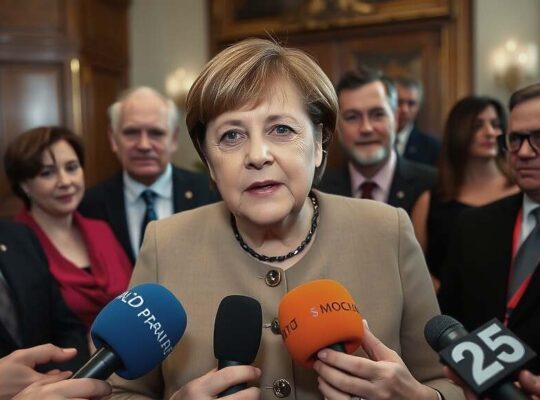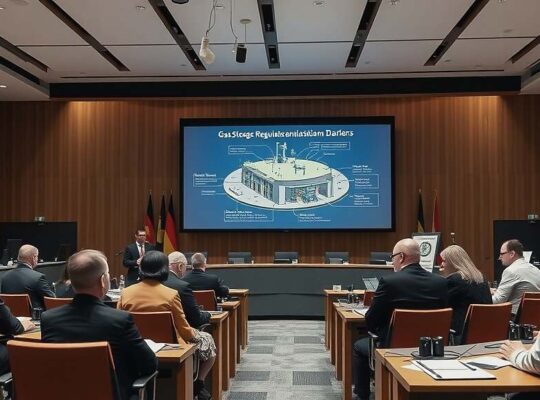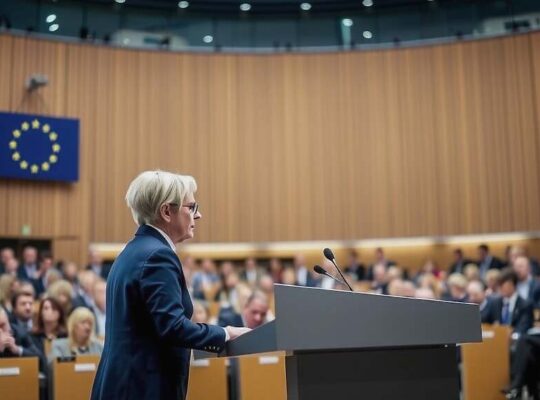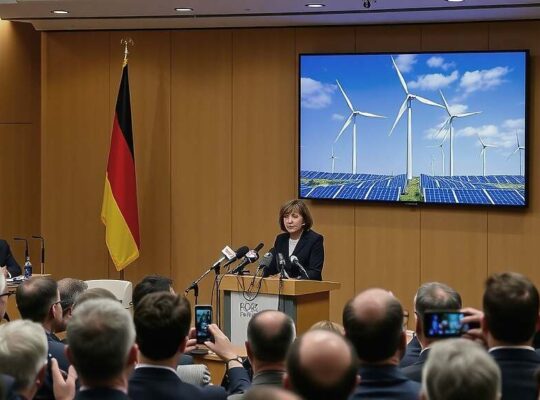A draft law proposes significant revisions to Germany’s medicinal cannabis regulations, aiming to tighten controls over prescriptions and distribution. According to a report from the Mediengruppe Bayern, the proposed changes, spearheaded by Health Minister Nina Warken (CDU), seek to address concerns regarding escalating imports and potentially inappropriate usage.
The most substantial alteration involves mandating direct physician-patient contact for all prescriptions of medicinal cannabis flowers. This contact must occur either during a visit to the physician’s practice or through a home visit. This requirement extends to repeat prescriptions, which will now necessitate a prior in-person consultation within the four most recent fiscal quarters. Current regulations allow for prescriptions via video consultations, sometimes fulfilled by physicians located outside of Germany.
The draft law acknowledges a considerable surge in imports of cannabis flowers intended for medical use. The Federal Institute for Drugs and Medical Devices (BfArM) has reported a 170% increase in imports between the first and second halves of 2024. While prescriptions impacting statutory health insurance (GKV) have increased by a comparatively smaller 9% within the same period, officials note a discrepancy suggesting that rising imports may disproportionately benefit privately paying patients outside of the GKV system.
Further stipulations outlined in the draft law restrict distribution solely through pharmacies, prohibiting shipment of the product via mail.
The rationale underpinning these stricter measures centers on the inherent risks associated with cannabis, specifically the potential for addiction and other health concerns, particularly for young individuals whose brains are still developing. The legislation highlights that medicinal cannabis lacks comprehensive scientific validation through clinical trials, unlike regulated pharmaceuticals, mandating special precautions to ensure patient safety and responsible medication practices. This “special status” necessitates heightened oversight to maintain a secure supply and protect public health.












